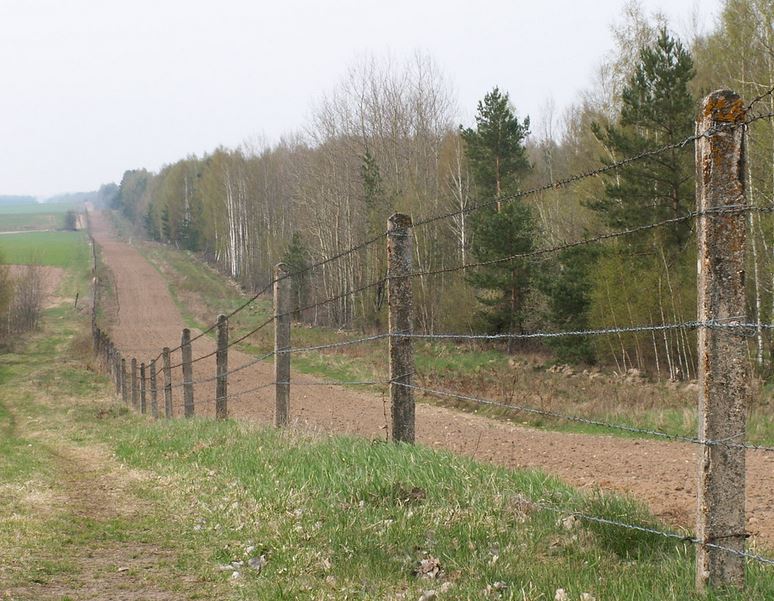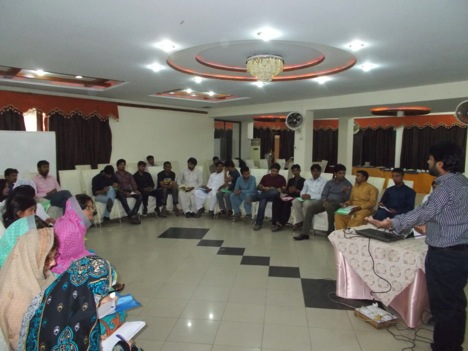Below is my presentation dated 12th November. I do not think that our position would have changed much in the last three months. The main difference between November and today is the recent announcement of the date for the Referendum on Membership of the European Community, which is filling and will probably continue to fill most of our newspapers and radio and television media for the next three months, almost certainly at the expense of coverage of the migrant and other world situations. Those of us who are internationally-minded almost despair of the insular views of our Press,
so influenced by its non-British owners such as Rupert Murdoch, who has put on record his opposition because Europe allows him less business freedom than he wishes to have.
Is there anything that should be done as movement?
Probably not, because the constituent bodies and people (members) will not be able to determine a common policy, any more than the EU can determine a policy satisfying all:
– The front line: Italy, Greece, Hungary, Slovenia etc. who can’t control the influx
– The needy: Germany, because of demographics, says it wants immigrants (though now internally contentious)
– The saturated: or at least perceived so, UK for example, where infrastructure of roads, hospitals, schools, housing, and utilities are all already under pressure.
We should not forget however that all of our countries, in relative terms, are rich countries with lots of resources to apply to this. The USA appears to consider this to be a European responsibility but it was the action of the previous Presidency which inflamed Iraqi (and Afghanistan?) situations. Might not the US and Canada (I am not suggesting any Canadian culpability, but they have a good reputation for taking in other nationalities, albeit somewhat selectively) offer more hospitality in this regard? Should Russia also have a role to play in settlings some of the Middle-Eastern refugees?, although their Afghan and Chechen experience probably argues against this. They do have some responsibility for the Syrian situation. What should be the responsibility of Saudi Arabia, Kuwait, Qatar and the UAE towards settling some of their fellow Muslims?
How is the situation and actions in your country now?
UK doesn’t want to do much more than currently in hand – 20,000 extra over 5 years – but can rightly point out that we are giving more aid than others, in the hope of resolving the problems at source. Long term this has to be the way forward, though it will be very difficult to achieve. The UK is also perceived (within the UK) to have taken a very large share of the Eastern Europeans who were given freedom of movement within the EC.
What do you see as main challenges?
a. Border control – to stem somehow the sheer numbers of arrivals and sift the genuine refugees from the opportunists – this should include medical checks, for the good of the immigrants and the recipient country.
b. Humanitarian response – perhaps the most important for us as Christians rather than as political animals, to ensure that lives are not lost in transit, to traffickers, etc. and that we welcome and integrate those who do arrive/remain here. We are especially mindful of the situation, inter alia, of the Christians of Iraq, who have been forced out of their homes in Mosul, Erbil etc.
c. Resolve the problems in the affected countries
Short term, what sort of further intervention to resolve the problems is possible? Western politicians nurture the fond belief that Afghanistan, the Middle Eastern and North African countries want liberal democracy, but escalation of military intervention to impose it (apart from the obvious contradiction) risks gifting ISIL, Al-Qaeda etc, a rallying point against a “Crusade”, though ultimately they must be defeated. Shades of Vietnam! The other Arab powers (Saudis etc.) seem on the surface somewhat uninvolved or frightened of the consequences of intervening.
The Western powers have spent the 100 years since the collapse of the Ottoman Empire in creating the situation in the Middle East, so perhaps it is not surprising that the Newman Association is not able to offer any easy solution.
Additions from my personal experience.
Having worked as a volunteer for an organisation called “Citizens for Sanctuary” I have observed the treatment of immigrants by our Border Control service. I did not observe any malicious treatment, but there was certainly thoughtlessness. As “Citizens for Sanctuary” we worked with the Border Control Agency (part of our Home Office) to mitigate the experience of the immigrants: 1. trying to speed up the inspection process; 2. make the interview process more humane; 3. reduce the frequency that the immigrant was required to report, e.g. from weekly to monthly, or from monthly to three-monthly; 4. provide hot and/or cold drinks as they waited in queues in the street to report, umbrellas too, at times; 5. ensure that immigrants with small children (usually women) received preferential treatment. On the whole “Citizens for Sanctuary” arose from a Christian initiative and the group to which I was attached with the Jesuit Refugee Service. Several Christian communities have been moved to raise funds and collect goods for dispersal among the people congregated at Calais.
As an organisation, perhaps the Newman Association might seek to propogate information, through talks and visits, about the work of the organisations mentioned above, and other similar ones, and make more widely-known the situations experienced by many refugees.
My own Circle of the Newman Association has received talks about this issue, on one occasion by a Chinese refugee (very recently given the right to stay in Britain after 5 years of arguing his case) who was brought into Britain (Scotland) and literally dumped on the street with no English, no friends – he was quickly put into prison, and then put into one of the camps for immigrants – near Gatwick Airport, where his case was taken up by the Gatwick Refugee Service. We have also received a talk by a displaced Palestinian whose family lands were confiscated by the Israeli authorities and we have received a presentation about the position of the Iraqi Christians whose home and property have been confiscated by ISIL – a topic almost completely ignored by the British Press.




Leave A Comment
You must be logged in to post a comment.